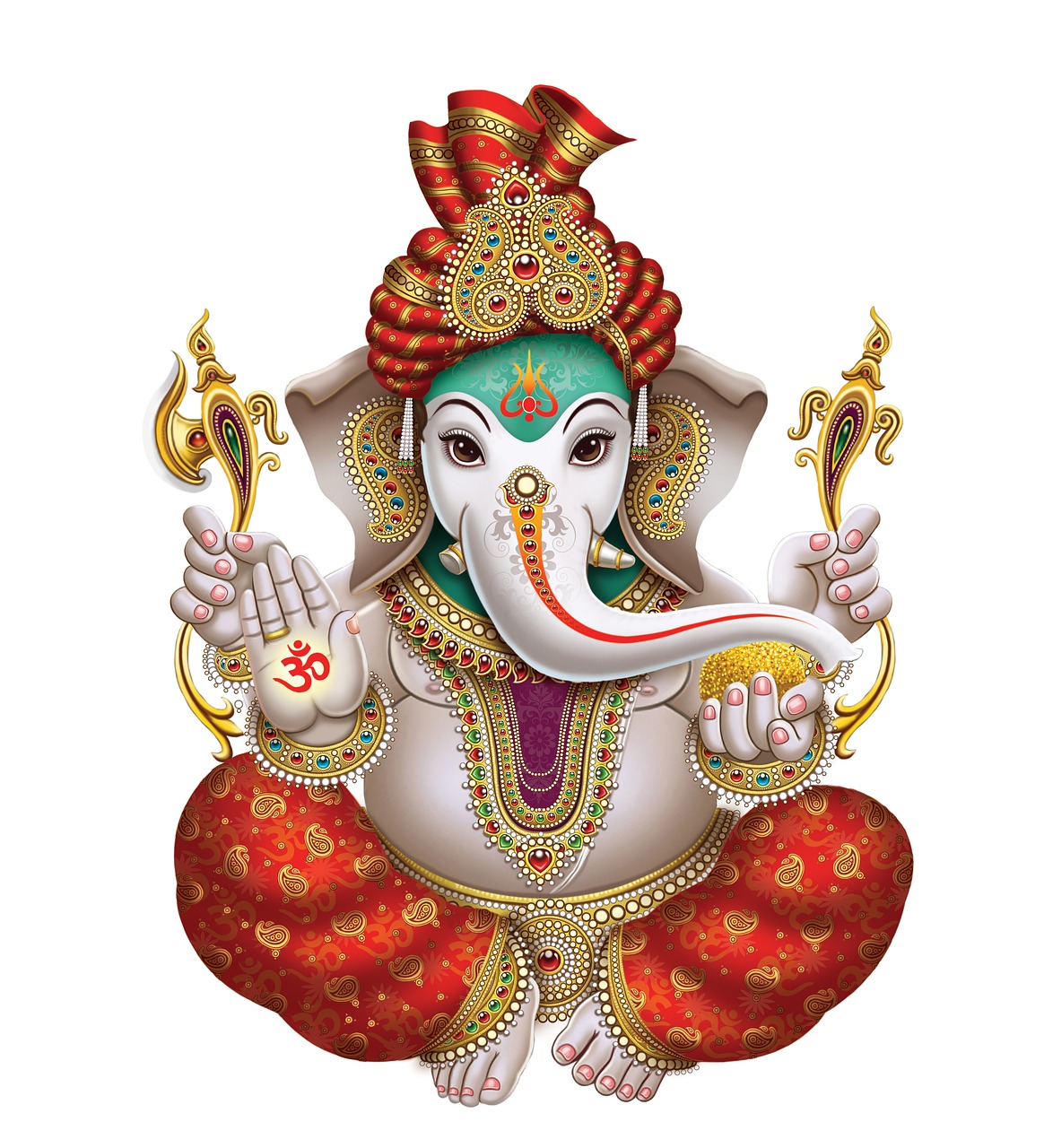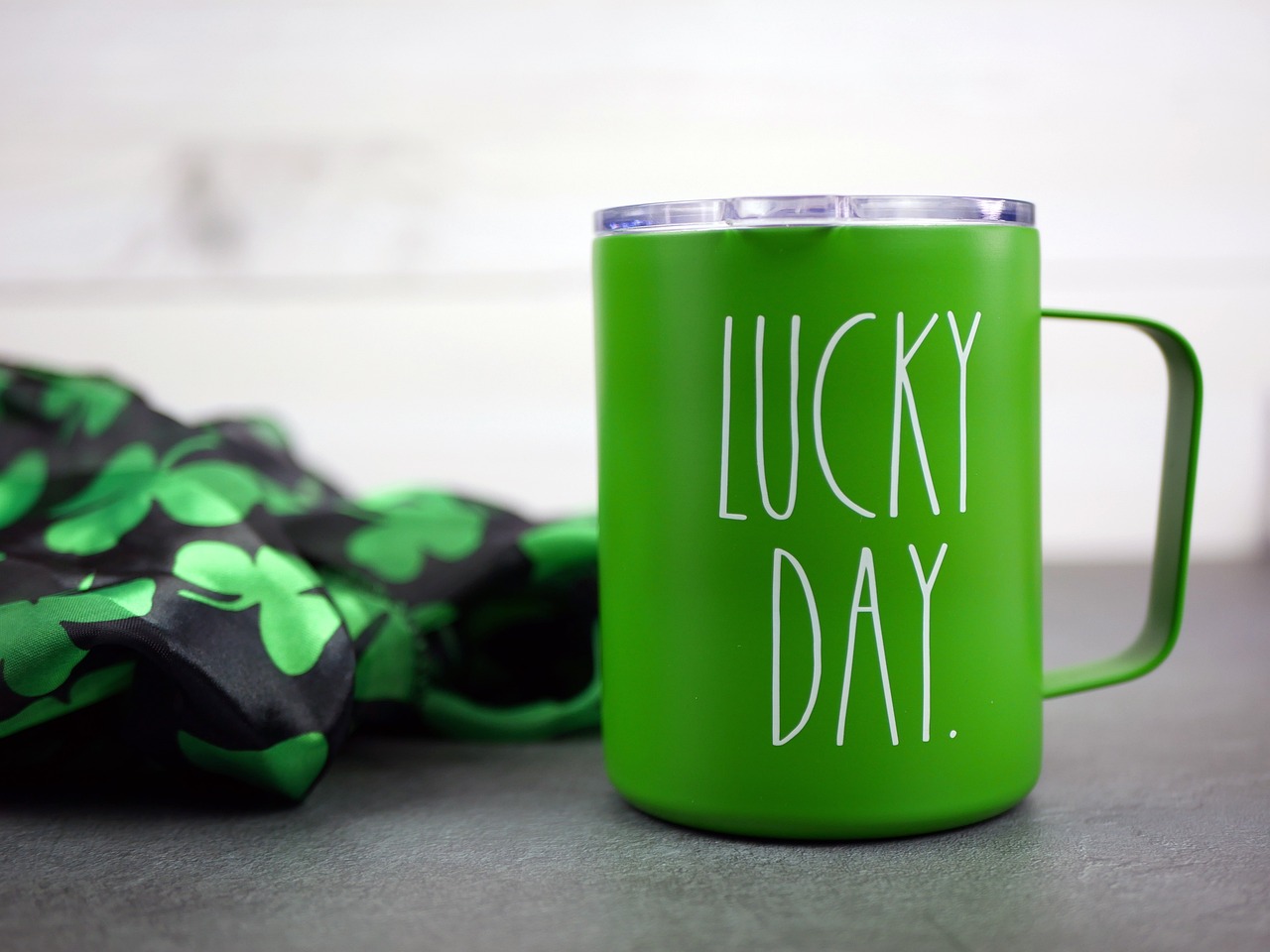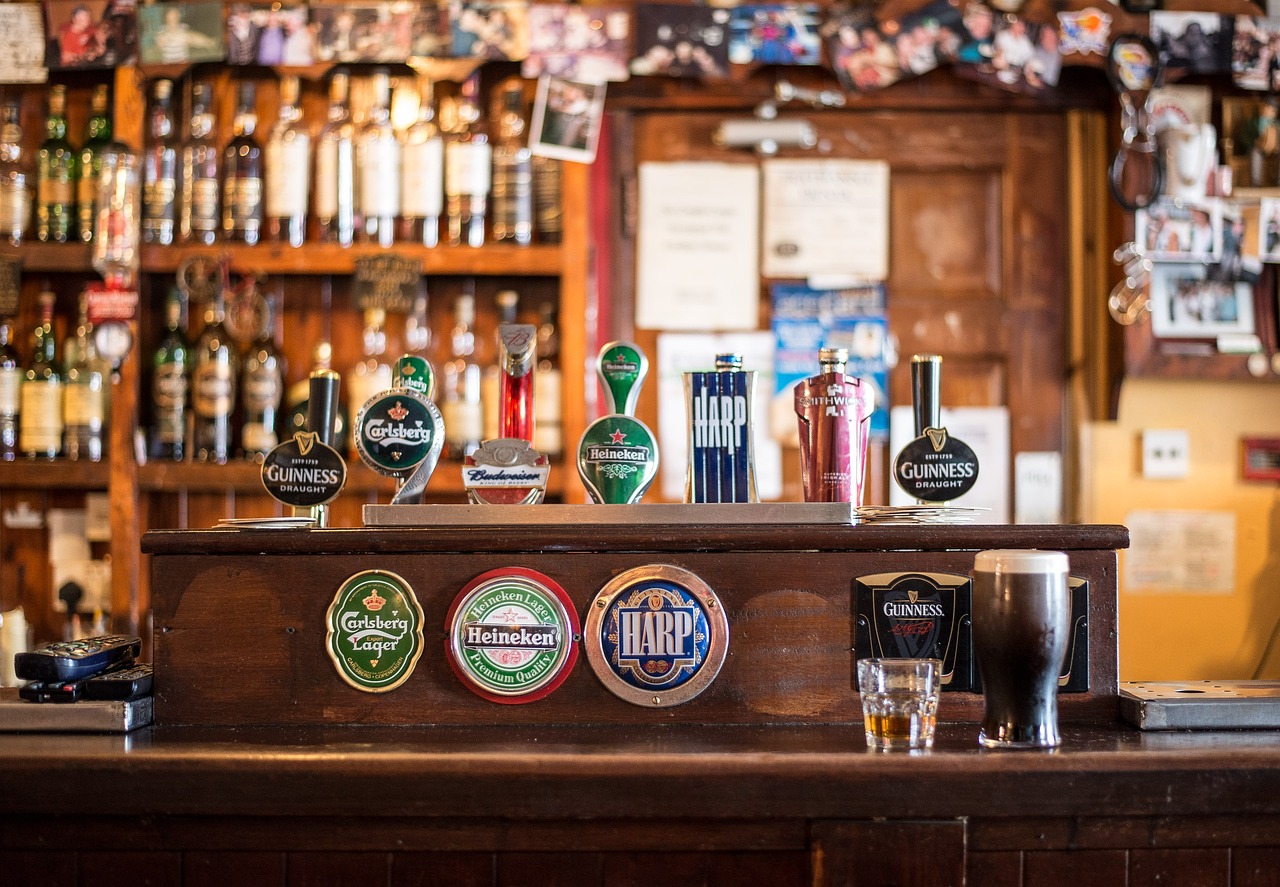Celtic Mythology
-

The Legacy of Lugh: An Irish God of Mastery and Valor Overview Lugh, revered as the Irish god symbolizing nobility and craftsmanship, emerged as a formidable warrior and a figure of great intelligence. He held titles such as Ollamh Érenn and was the monarch of the Tuatha Dé Danann, famed for wielding the Spear of…
-
The Boobrie: A Mysterious Scottish Cryptid The Boobrie is a captivating creature from Scottish folklore, particularly recognized for its alleged presence in the mist-laden lochs of the western coast. Description Characterizations of the Boobrie are diverse, yet certain traits are widely acknowledged; it is typically described as a creature of immense size, resembling a large…
-
Combining elements from diverse mythologies can yield fascinating character studies, particularly in the case of Balor na Súile Nimhe, known as Balor of the Evil Eye. This figure draws striking comparisons with the cyclopean Polyphemus from Greek myths and the energy-shooting mutant Cyclops from Marvel Comics, creating a unique synthesis of characteristics and traits. Throughout…
-

Unveiling Banba: The Lesser-Known Irish Goddess Despite not being among the more widely recognized Irish deities, Banba (also referred to as Anbha or Banbha) holds a significant place in mythology. As the granddaughter of the divine ancestors, Delbáeth and Ernmas, she is notably credited as the first to step foot in Ireland prior to the…
-
In the realm of Irish mythology, Balor (often spelled as Balar in contemporary texts) stands out as the domineering leader of the Fomorians, a race of supernatural entities. Commonly depicted as a colossal figure, he possesses a singular eye whose opening results in widespread devastation. The most renowned account of Balor centers on his demise…
-
Overview of Nuada of the Silver-Hand Nuada of the Silver-Hand holds the distinction of being the first king of the Tuatha dé Danann. He is celebrated as a fair and wise leader who spearheaded efforts to conquer prehistoric Ireland, standing against the formidable Fomorians. Etymology The name Nuada, sometimes spelled Nuadu, is believed to originate…
-
In the enchanting realm of Irish mythology, the Tuatha Dé Danann hold a special place, embodying various divine attributes. Among these deities, Ogma emerges as a prominent figure, celebrated for his remarkable wisdom, strength, and command over language. This article examines the mythological narrative of Ogma, highlighting his origins, defining traits, and lasting impact within…
-

An Otherworldly Woman: The Legend of Niamh Cinn-Óir Irish folklore is a treasure trove of interconnected tales and vibrant narratives, unique in its depth and diversity across Europe. The stories told in this tradition—from mystical fairies to legendary heroes—ignite inspiration for contemporary films, music, and literature. Among the captivating figures in this rich tapestry is…



